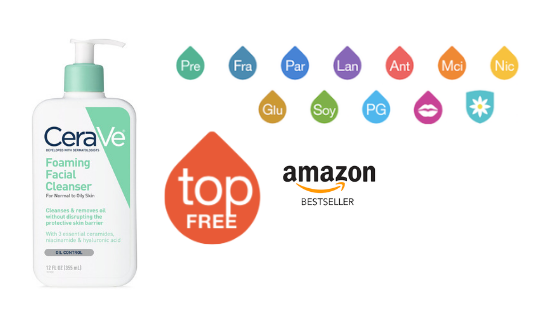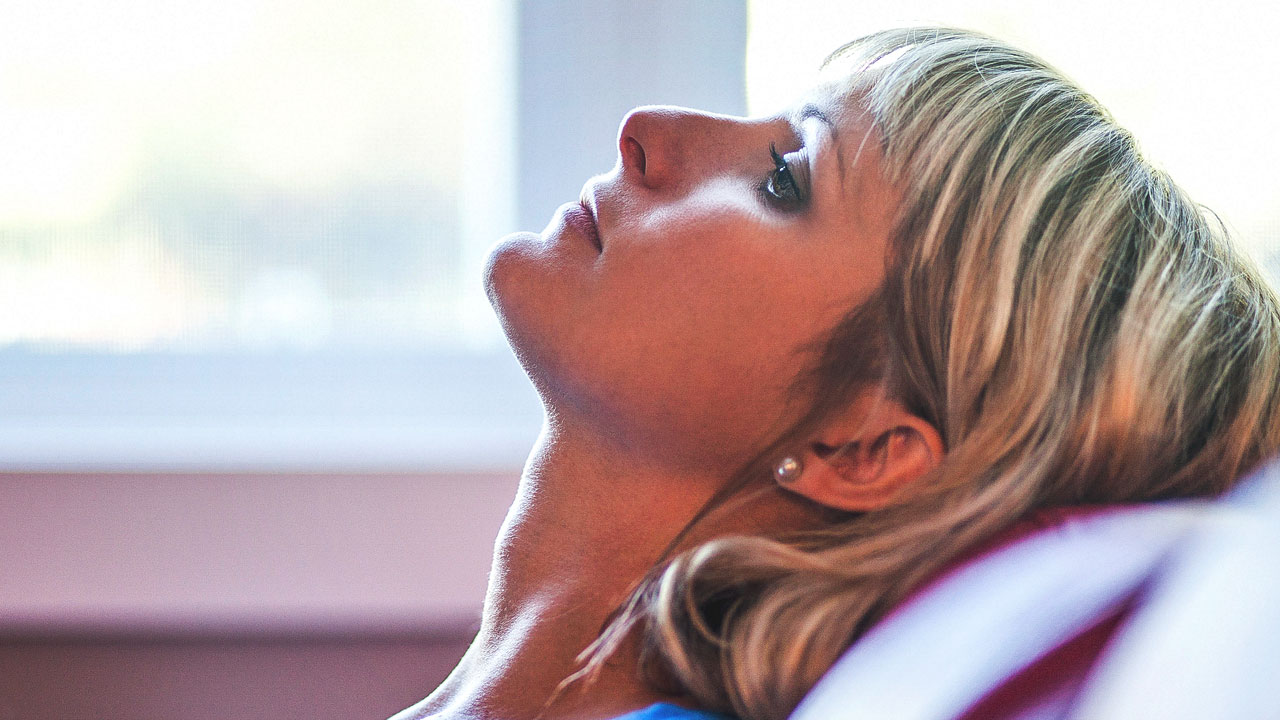Psoriasis is a painful skin condition that generally appears between the ages of 15 and 35. It seems to be passed down through generations of families, though it is not contagious.
Skin cells grow too quickly, causing dead skin cells to build up on the surface of the skin.
A psoriasis attack can be set off by a number of different kinds of triggers. For some people, dry air or having dry skin can be all it takes.
An injury or infection, either bacterial or viral may start the process. Too much sunlight or too little sunlight are possible triggers.
The weakened immune system of a person with AIDS or some type of autoimmune disorder may put them at risk for psoriasis. Chemotherapy for cancer can leave a patient vulnerable to this condition as well.
Psoriasis can appear in a number of distinctive forms.
Plaque psoriasis is the most common form. It causes dry, red lesions called plaques which are topped with silvery scales. These plaques can be painful or itchy, and can occur anywhere in the body.
Nail psoriasis, as the name suggests, occurs on fingernails and toenails. The nails can become pitted and discolored. They may become loose and come away from the nail beds. In extreme conditions, the nails may crumble.
Psoriatic arthritis can make the nails pitted and discolored. Any or all joints can become painful. Approximately one-third of those with psoriasis may have psoriatic arthritis.
Skin can become scaly and inflamed. Inflammatory eye conditions like conjunctivitis may also result. Mild cases may cause stiffness and joint damage. Severe cases can end in permanent joint deformity.
Scalp psoriasis creates red, itchy patches covered with silvery scales. Scratching the scalp can create a cloud of dead skin on your shoulders or in your hair.
Guttate psoriasis generally occurs in people under the age of 30. It is often initiated after a bacterial infection like strep throat. Sores shaped like water droplets appear on the arms, legs, scalp and trunk.
Sores are thinner than plaques, and have a coating of fine scale. Outbreaks may be occasional or repeated events.
Inverse psoriasis primarily affects the armpits, under breasts, around genitals or in the groin area. Patches are smooth, red and inflamed. Overweight people experiencing friction and sweating are most likely to experience this condition.
Pustular psoriasis is an uncommon type of psoriasis. It appears in broad patches or it may occur in small areas on hands, feet and tips of the fingers. Within hours of skin reddening and becoming tender, blisters filled with pus emerge.
These blisters dry up in one to two days, but a new round can appear every few days. Pustular psoriasis may be accompanied by chills, fever, fatigue and itching.
Erythrodermic psoriasis is the rarest type of psoriasis. A red, peeling rash can encompass the whole body. The itching or burning rash can be brought on by corticosteroids or other medications, a severe sunburn or even by another type of psoriasis.
Sources:
Psoriasis. National Library of Medicine - National Institutes of Health. MedlinePlus. Web. August 14, 2011.
http://www.nlm.nih.gov/medlineplus/ency/article/000434.htm
Symptoms. MayoClinic.com. Web. August 14, 2011.
http://www.mayoclinic.com/health/psoriasis/DS00193/DSECTION=symptoms
Reviewed August 16, 2011
by Michele Blacksberg R.N.
Visit Jody's website and blog at http://www.ncubator.ca and http://ncubator.ca/blogger






Add a CommentComments
There are no comments yet. Be the first one and get the conversation started!